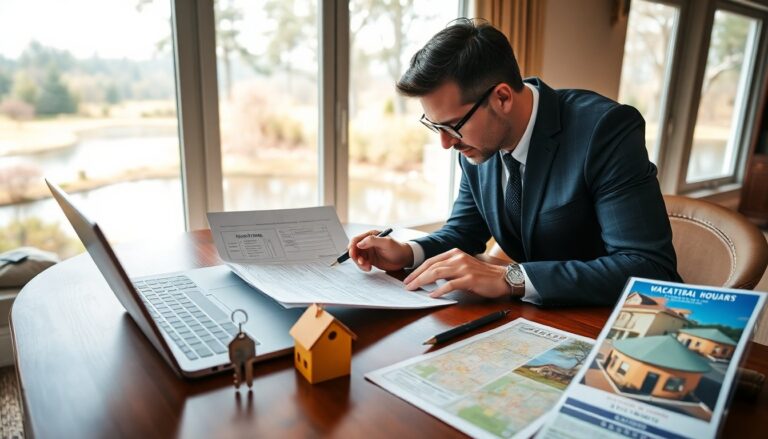Engaging in the buying and selling of a second home can be a complex process filled with various challenges. Whether you plan to use it as a vacation retreat or as a rental property, approaching this venture with a well-structured plan is essential. This article outlines key steps and practical advice to assist you
in navigating the intricacies of second home transactions.
Before embarking on the journey of acquiring or selling a property, a thorough valuation is crucial. For sellers, understanding the market value of your home is vital for setting a competitive asking price. For potential buyers, assessing whether the property’s price aligns with current market conditions is equally important.
Understanding property valuation
Several methods exist to evaluate a second home. One effective approach is to consult with a seasoned
real estate agent who can provide insights based on comparable properties in the area. This professional can help gauge market dynamics and establish an accurate price point. Additionally, conducting a property appraisal offers a comprehensive assessment of the home’s condition and any necessary renovation costs.
Working with professionals
Engaging a qualified appraiser provides a detailed breakdown of your property’s worth, taking into account factors such as location, size, and amenities.
This information is invaluable for both buyers and sellers, ensuring that the price reflects true market conditions.
Financing your second home
Financial considerations play a critical role when purchasing a second home. It is imperative to review your financial situation and check your credit score beforehand. A favorable credit rating can significantly enhance your chances of securing better mortgage terms. Additionally, be mindful of the various expenses that come with property ownership, including taxes, insurance, and maintenance costs.
Exploring mortgage options
Several mortgage options are available for acquiring a second home, often requiring a larger down payment compared to a primary residence. Lenders may also impose higher interest rates for these loans. Therefore, comparing different financing offers is wise to select the one that best suits your financial circumstances.
Once you have completed your valuation and financing preparations, you can proceed with the buying or selling process. For sellers, ensuring that the property is in prime condition before listing it on the market is crucial. Small repairs and cosmetic enhancements can significantly boost the home’s appeal and value.
Legal considerations and documentation
Whether buying or selling, certain legal documents are necessary to facilitate a smooth transaction. Ensure you have the purchase agreement, property tax records, and any relevant energy certifications ready. Consulting with a notary or legal expert in real estate can help you navigate the documentation process and ensure compliance with the law.
Managing the sale or purchase of a second home requires careful planning and attention to detail. By conducting thorough evaluations, understanding financing options, and preparing all necessary legal documents, you can streamline the process and make informed decisions.

